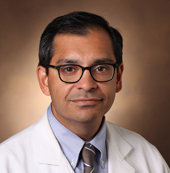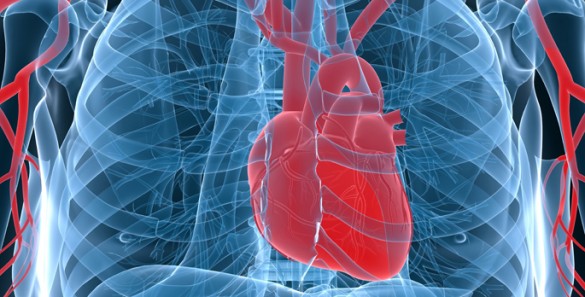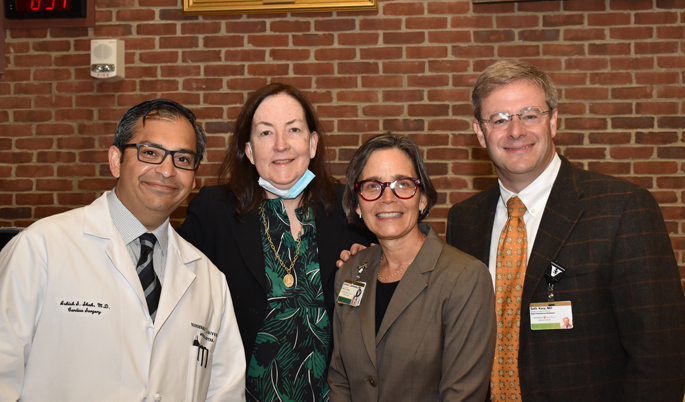Ashish Shah, M.D., has joined Vanderbilt Heart and Vascular Institute (VHVI) as director of Heart Transplant and Mechanical Circulatory Support.

Shah, professor of Cardiac Surgery, comes to Vanderbilt from Johns Hopkins, where he was surgical director of the Heart Transplant and Mechanical Support Program and associate director of the Division of Cardiac Surgery.
“We are very fortunate to have a cardiac surgeon with Dr. Shah’s reputation and expertise join the Vanderbilt community to work with the ventricular assist device and heart transplant team to elevate it to the best in the country. He has quickly become an integral member of our cardiac surgical division and is a pleasure to work with,” said Michael Petracek, M.D., chair of the Department of Cardiac Surgery.
Shah earned his medical degree from the University of Pittsburgh School of Medicine and then did his internship, residency and research fellowship at Duke University Medical Center.
“I was attracted to the opportunities at Vanderbilt because it is a very unique model, where there is intense collaboration among and between cardiologists and cardiac surgeons,” Shah said.
“Parallel to that is a phenomenal basic science infrastructure here, and some really talented and smart people whom I was interested in working with.”
Shah’s clinical interest is end stage heart disease and end stage organ failure. His goal for the heart transplant program is “smart growth” and understanding where ventricular support and transplant technology fit in terms of serving the Vanderbilt and Mid South communities.
I think the [transplant] volumes that have been achieved recently are outstanding. My mission is to maintain what we’ve already accomplished: grow where it’s appropriate, and make sure we obtain quality outcomes, not just short-term but long-term. Volume and outcome do go hand- in-hand.”
Vanderbilt is on schedule to reach 1,000 heart transplants within three years.
“Vanderbilt Heart’s team is backed by robust experience coupled with young, energized people.
Each person on this team is very talented. Some of the best minds in the country are here. That’s not what patients are going to get when they go to other places,” he said.
“The challenge is for us to figure out how to care for patients in a smart way because it’s not just about Vanderbilt; it’s about our entire health system and how we’re going to manage a million patients a year who have congestive heart failure. I think a place like Vanderbilt has an opportunity to lead and teach all of the constituencies in this region what is the best way forward.”















